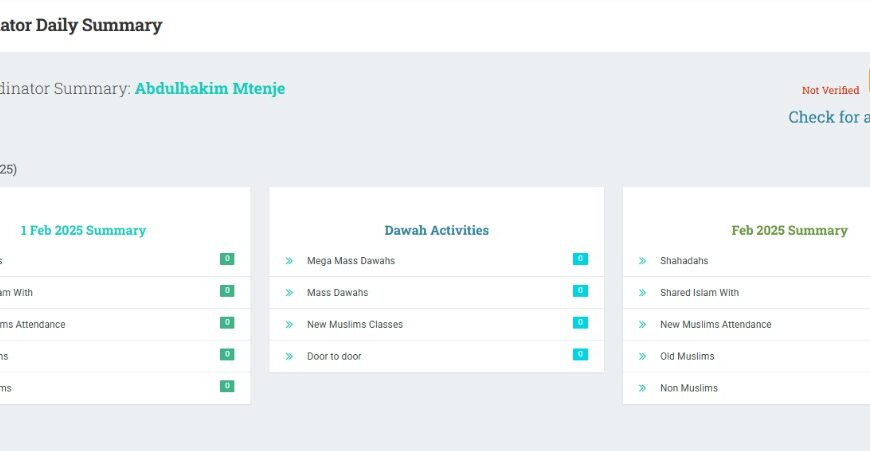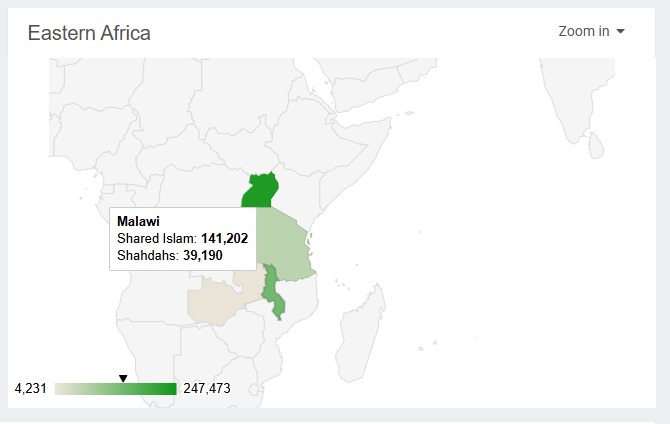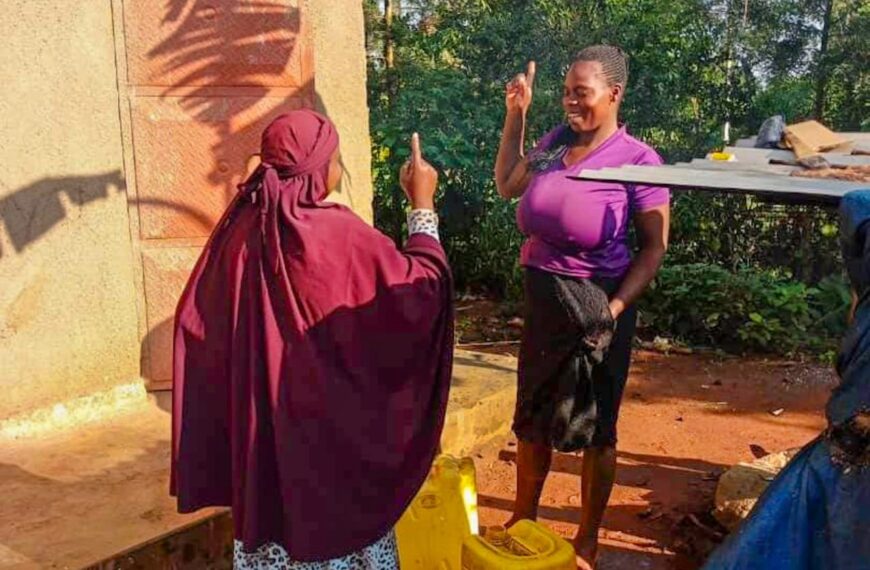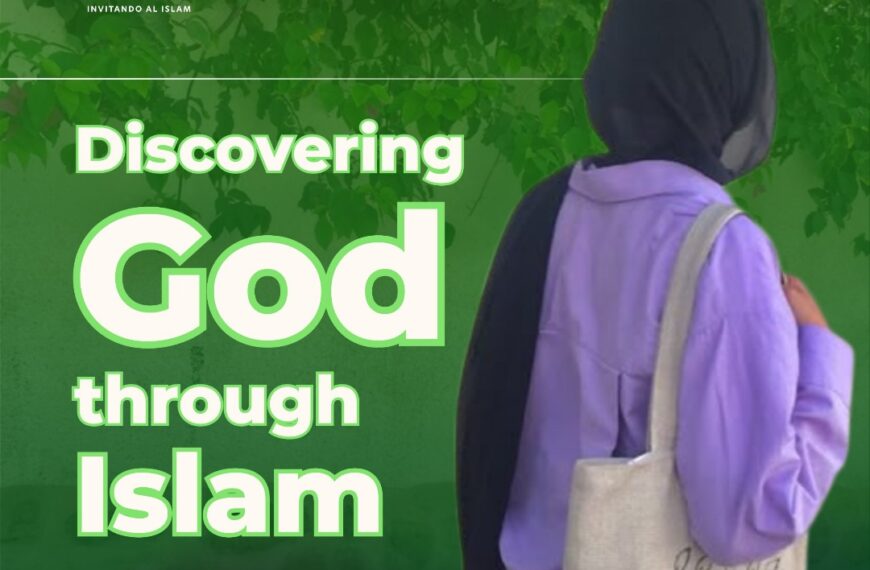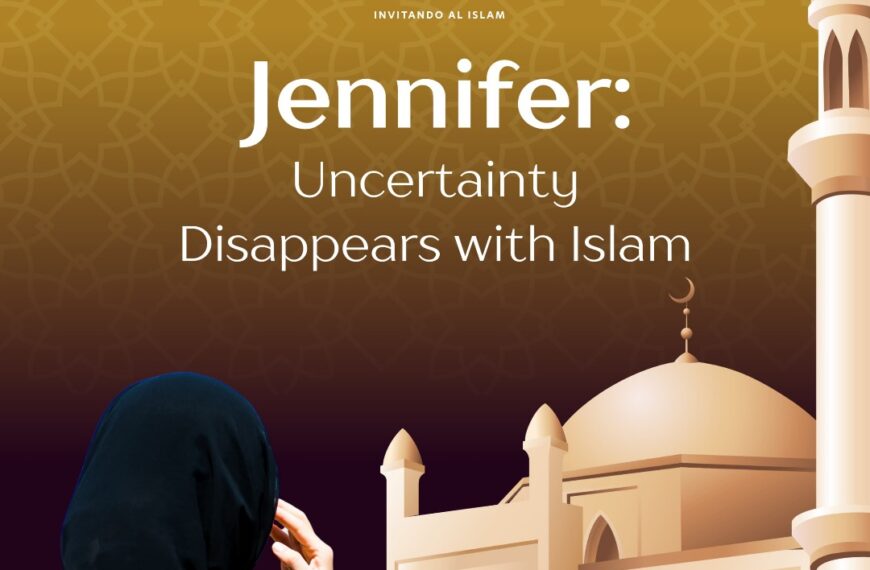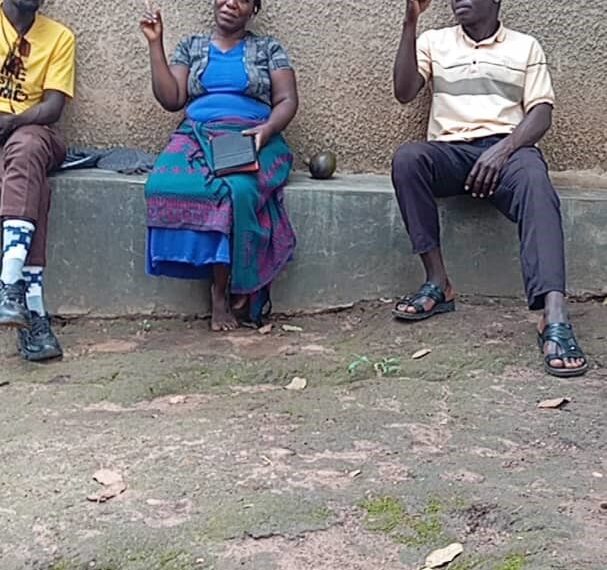The iERA Reporting System has received significant upgrades in November 2023, aimed at enhancing data accuracy, streamlining processes, and empowering coordinators and administrators.
Here’s a detailed review of the key changes:
- Mega Mass Dawah Segregation:
- This update addresses the crucial need for accurate data regarding Mega Mass Dawah initiatives.
- Previously, reports lumped together new Muslims from various villages, making it difficult to assess the impact on specific communities.
- Now, distinct reporting allows for:
- Identifying villages with high receptivity to Dawah.
- Tailoring follow-up activities and support.
- Evaluating the effectiveness of different outreach strategies within Mega Mass Dawah.
- This improved transparency leads to better strategic planning and resource allocation, ultimately strengthening the Dawah effort.
- Coordinator’s Mass Dawah and Mega Mass Dawah:
- This update addresses inflated numbers for various teams.
- Coordinators can now independently report Mass Dawah and Mega Mass Dawah activities without attaching them to a specific team.
- This change offers:
- Fairer representation of individual coordinator efforts.
- Enhanced accountability and transparency.
- Motivation for coordinators to take ownership of their initiatives.
- Recognizing individual contributions fosters a culture of excellence and dedication among coordinators.
- Village Choices in New Muslim Profile Creation:
- This update addresses the challenge of all new Muslim profiles being automatically tagged to the same village as the parent activity.
In the October update, we introduced an automated system for Shahadah counts based on new Muslim profiles. In essence, the Shahadah count for an activity (Mass Dawah, New Muslim Class, Door-to-Door) increases when a new Muslim profile is added and decreases if a profile is deleted from that specific activity.
However, a challenge arose with all new Muslim profiles being automatically tagged to the same village as the parent activity. This posed difficulties for certain activities, especially Mega Mass Dawah and Mass Dawah, where the audience hailed from different villages.
- Now, an audience panel allows coordinators to add multiple villages to an activity, providing flexibility.
- During profile creation, the coordinator can select the village from those listed in the audience section.
- This leads to:
- Accurate representation of new Muslim distribution.
- Improved targeting and support for specific villages.
- Streamlined reporting processes.
Refer to the image below for an illustration of the audience section in the context of Mega Mass Dawah.

Once the coordinator tries to add a new muslim, the system shall provide a village selection field from the specified villages in the audience section as follows

- Topic Coverage in New Muslim Classes:
- A topic selection dropdown has been added to the New Muslim Classes section.
- This allows coordinators to track curriculum progress and content coverage.
- This enables:
- Improved quality control and consistency in educational content.
- Identification of areas needing further development.
- Adapting curriculum to meet specific needs of new Muslims.
- Effective topic coverage ensures New Muslim Classes provide comprehensive knowledge to support their spiritual growth.
- New Muslim Class Photos:
- Mandatory daily photo uploads are required for visual verification of attendance.
- Photos are validated by comparing their metadata with the class date, ensuring accuracy.
- Automatic validation combined with structured storage facilitates easy retrieval and organization. Upon successful validation, the uploaded photo is directed to our Google Drive.
- Inclusion of daily photo uploads for New Muslim classes serves several crucial purposes:
- Visual verification of attendance and participation.
- Enhanced reporting and documentation of class activities.
- Preserving valuable historical records of the Dawah work.
- Automatic photo validation ensures the accuracy and authenticity of uploaded pictures. Any photo with a date distinct from that of the class is automatically rejected by the system.
- This combination of features provides a comprehensive visual record of the ongoing Dawah efforts, serving as a valuable resource for evaluation and inspiration.
The image below illustrated the new muslim class image validation alert using its metadata.

- Updates in District Head and Country Admin Accounts
District Head Account:
- Outdated versions of the system has been updated across critical components, including:
- Performance boards.
- Outreach specialist teams.
- Dawah activities.
- New Muslim classes.
- This ensures efficient operation and data accuracy for district heads.
Country Admin Account:
- User experience has been enhanced with revamped views for:
- Mass Dawah.
- New Muslim Classes.
- Door-to-Door activities.
- Mega Mass Dawah has been introduced as a separate item in the Dawah Activities tab.
- Comprehensive data categorization in reports offers a holistic overview of Dawah activities at the national level.
- These updates empower district heads and country admins with improved tools for data analysis, reporting, and decision-making, ultimately contributing to the strategic growth and success of the IERA mission.

The image shows mega mass dawah included in the country monthly summaries.

The shahadah-profile comparison bar chat in the monthly report has also included mega mass dawah figures.
Impact: These updates empower IERA stakeholders with improved tools for data analysis, reporting, and decision-making, leading to:
- Strategic Growth: By identifying areas for improvement and tailoring activities to specific needs, iERA countries Directors can now strategically allocate resources and maximize impact.
- Enhanced Transparency: Improved data accuracy and reporting will provide a clear understanding of progress and effectiveness, fostering trust and accountability.
- Increased Motivation: Recognition of individual contributions and improved user experience motivate all du’at to strive for excellence in their Dawah efforts.
- Comprehensive Support: Accurate village data and topic tracking enable targeted support for new Muslims, ensuring their spiritual growth and development.
Way Forward: The November 2023 updates mark a significant step forward for the IERA Reporting System. These enhancements will empower coordinators; administrators and du’at to work more effectively, make informed decisions, optimize resource allocation, and ultimately achieve greater success in iERA mission.
We encourage all users to explore these new features and provide feedback to help us further refine the system and fulfill our mission of spreading the message of Islam throughout the world.
Plans for December updates;
In December, our focus lies in restructuring the administrative framework at the continental level. We aim to incorporate essential updates accumulated over the past months, encompassing monthly, weekly, and daily reports. The pivotal aspect of this restructuring involves granting comprehensive access to the continental administration, allowing them to monitor and assess all activities across countries within that specific continent. This spans a wide spectrum, including metrics such as shahadah, shared Islam, attendance of new and existing Muslims, attendance of non-Muslims, monthly and quarterly performance of OSs, as well as detailed reports from districts, regions, villages, and information pertaining to OSs, coordinators, District Heads, Volunteers, Country Admins, and more.
The comprehensive account provided to the continental administration serves as a repository for diverse data sets, facilitating a comparative analysis of country performances. By leveraging this wealth of information, strategic decisions can be made to enhance and optimize countries with lower performance levels. The intent is to create a cohesive and informed approach that enables efficient decision-making for the improvement of overall performance across the continent.
This comprehensive restructuring not only consolidates data but also empowers the continental administration with the tools necessary to drive positive change and foster collaboration among countries. It establishes a foundation for informed decision-making and strategic planning, ultimately contributing to the collective growth and success of the entire continent’s initiatives.

